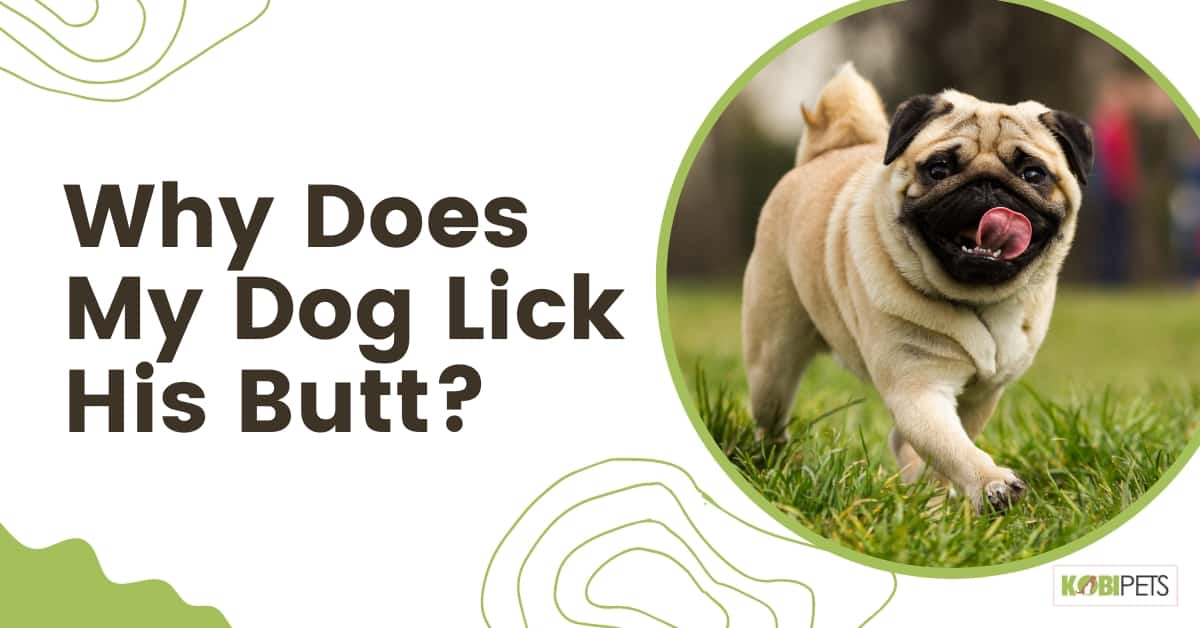
Having a dog lick its butt is not only unhygienic, but it can also be an indication of something more serious. From anal glands to stress and anxiety, there are a few different reasons why your pup might be licking its behind. Regular hygiene and proper diet can help maintain good fur health and reduce the chances of your pup licking their butt, but if the problem persists, you may want to consult with a veterinarian.
In this blog post, we’ll explore why dogs lick their butts, how to address the issue if it does become problematic, and what you can do to prevent it from happening in the first place.
Importance of Understanding Why Dogs Lick Their Butts
Understanding why dogs lick their butts is not simply a question of idle curiosity; it helps us better understand their behavior and develop more effective strategies for training them. Research indicates that dogs tend to lick their butts for numerous reasons, including cleaning, communication, and exploration of the environment.
Cleaning may be the most straightforward and obvious explanation – it’s similar to us bathing – but understanding other motivations such as communication and exploration can help us develop better relationships with our furry friends.
By being aware of why a dog licks its own butt, we can modify our tone and body language in ways that will make training more effective – an invaluable tool for any pet owner.
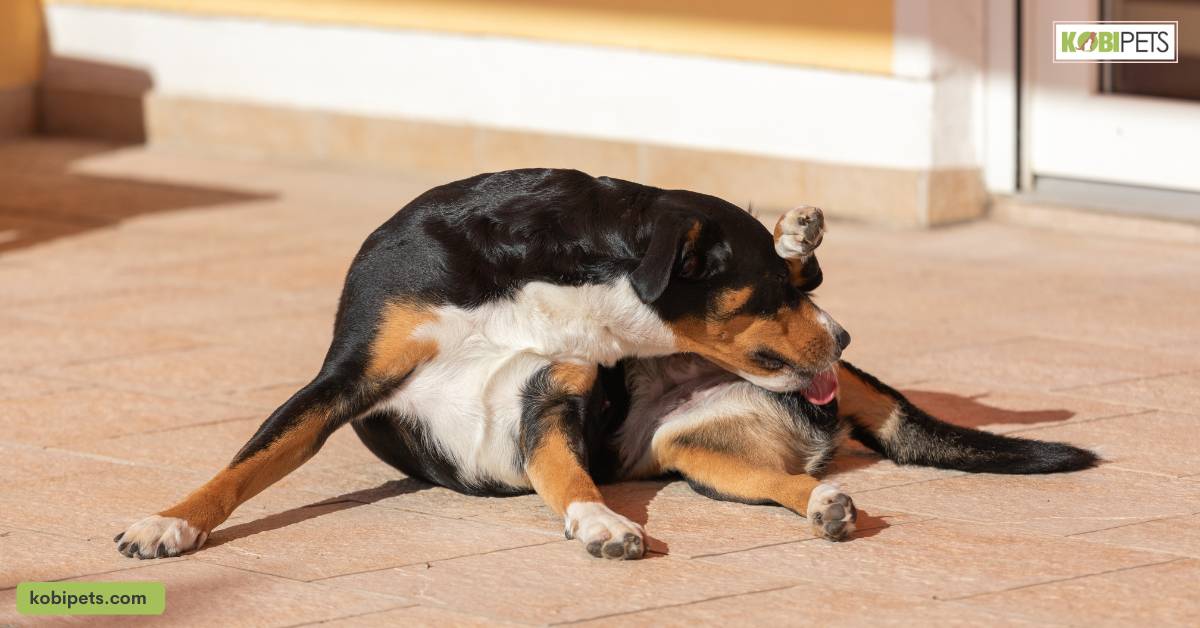
Reasons Why Dogs Lick Their Butts
Dogs licking their behinds may seem strange or even disgusting to many people, however, it is actually a completely normal and necessary behavior for the animal. In fact, regular self-grooming is very important for a dog’s long-term health and well-being.
Dogs lick their butts in order to keep them clean as part of their hygiene regimen, as well as to soothe any possible irritations including allergies, fleas, and dry skin. Licking can also help alleviate itchiness or an infection in certain areas. Although it might be unappealing to some, this basic behavior is essential for proper canine care.
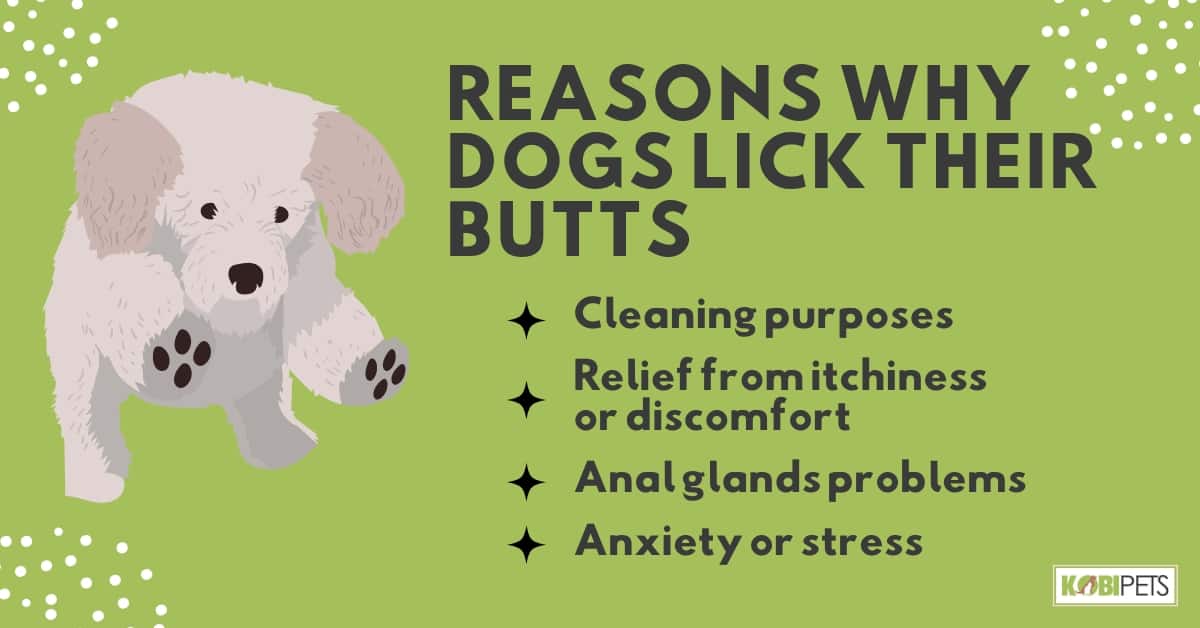
Reasons Why Dogs Lick Their Butts
1. Cleaning purposes
Dogs have an innate behavior of licking their bottoms for a variety of reasons. While it may appear unhygienic, keeping this area clean is incredibly important for canine health. Dogs will often lick their bottom to clean dirt or debris that has become lodged in the fur or near the rectum.
This action also helps keep parasites like fleas away, as licking can remove eggs before they hatch and cause an infestation. In addition, some dogs will clean themselves after they go to the bathroom to reduce odors – hence why owners might jokingly describe it as “polishing off their poop”!
Cleaning their bottom with a lick isn’t just a weird habit; it’s an important part of their grooming and helps to maintain good hygiene.
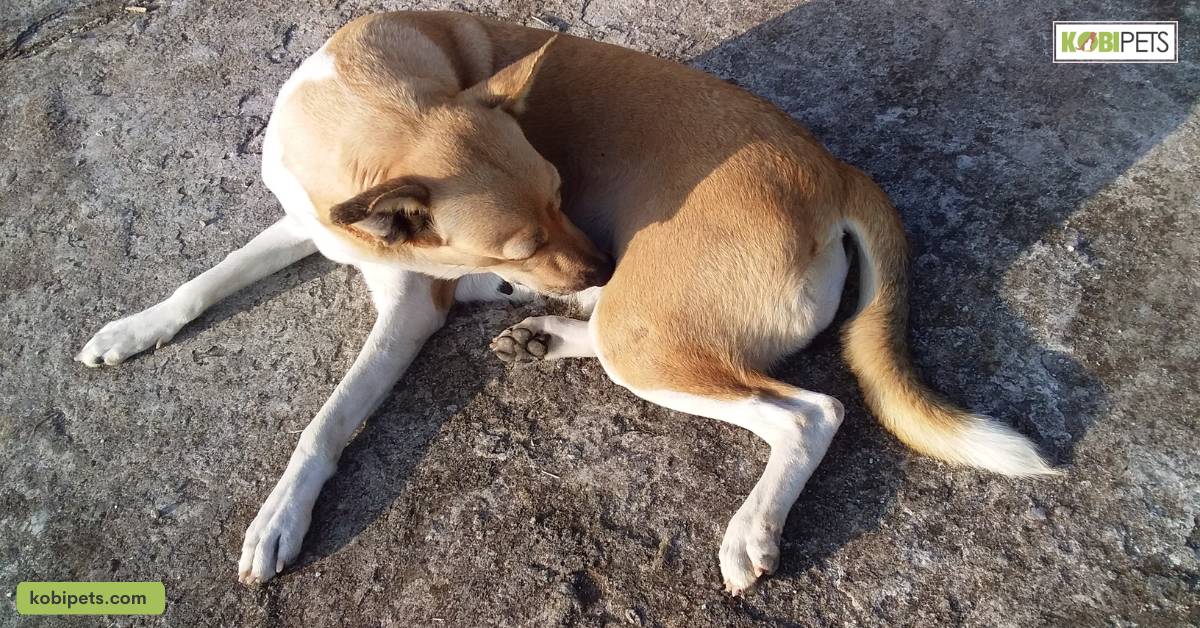
2. Relief from itchiness or discomfort
Itching and discomfort are common feelings that dogs experience. It’s important to understand why they do this so owners can provide the best care possible. Dogs licking their butts can indicate skin irritation or allergies, internal parasites, anal gland issues, fleas or mites, or behavioral issues.
Certain medical conditions such as diabetes and kidney disease can also cause increased licking behavior. To help ease discomfort in your dog, you should bathe them regularly with appropriate shampoos, feed them healthy meals and high-quality treats, check for fleas and other pests regularly and make sure to take your pup to the vet for regular checkups.
Regular grooming will also ensure their sensitive areas are kept clean and comfortable. With a proper health plan from an experienced veterinarian, your pup’s itchy woes will soon be a thing of the past.
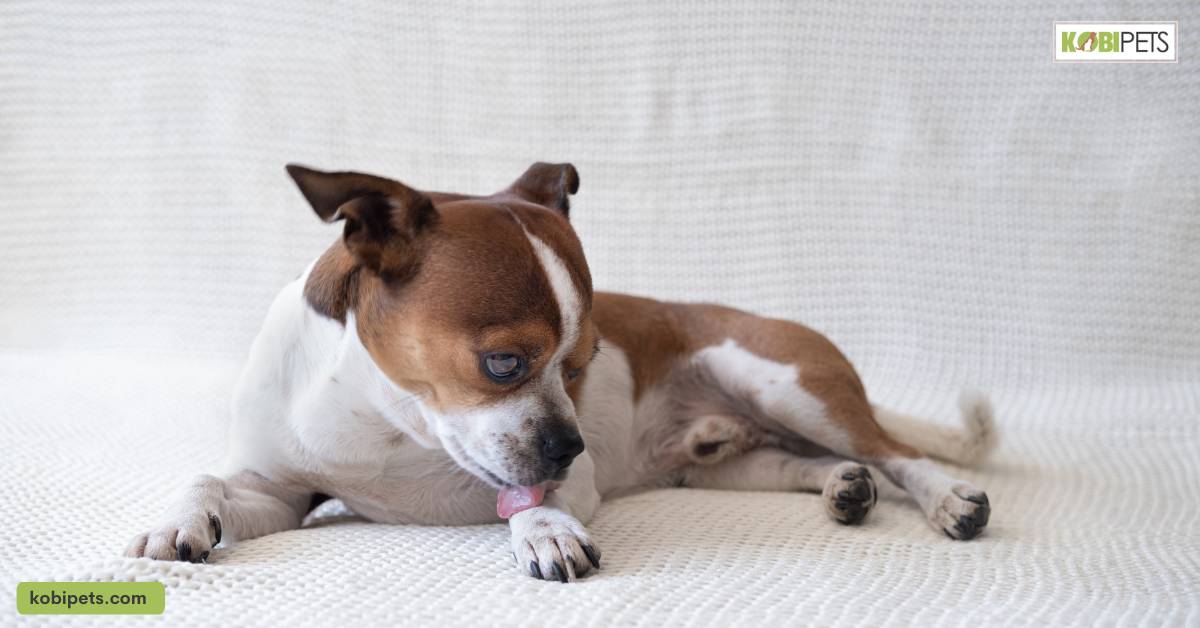
3. Anal glands problems
Dogs licking their bottoms is a natural behavior and often indicates that the dog’s anal glands may be full or irritated. Anal gland problems can occur when the anal sacs become impacted or infected, and the dog’s body will not empty them naturally.
When this happens, your pet may resort to excessive licking at its hind end in an attempt to relieve discomfort from the build-up of fluid within the anal glands. Close observance of such behavior in combination with proper vet care should soon resolve any issues related to your pup’s anal glands.
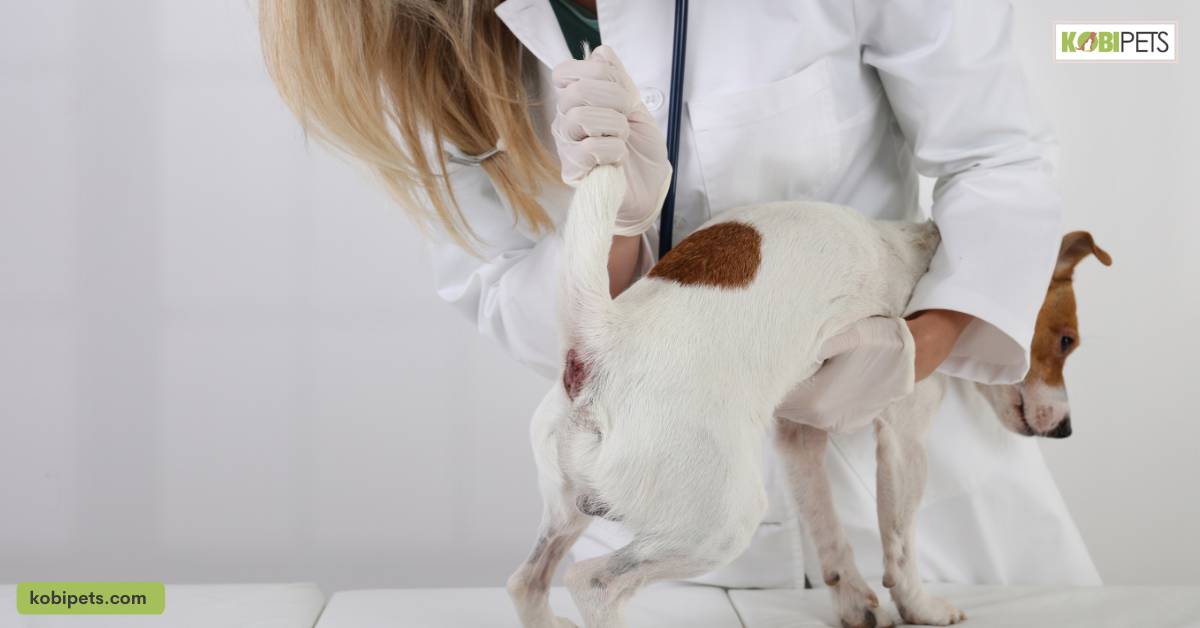
4. Anxiety or stress
Dogs have a clever yet sometimes concerning habit of licking their behinds and scientists have been attempting to unravel this strange behavior since the 1800s. It is hypothesized that stress or anxiety could be a contributing factor behind why this occurs.
Studies show that dogs with higher anxiety levels are more likely to engage in this behavior than those with lower levels. Another reason might be due to the fact that dogs groom themselves frequently, so it could simply be an extension of their grooming.
This need for comfort and connection could explain why they are drawn to such an area of their body whether they are stressed or not. While we may never know exactly why some dogs lick their butts, it’s understandable why many owners want to be aware of this behavior as it can indicate a health issue if done too frequently.
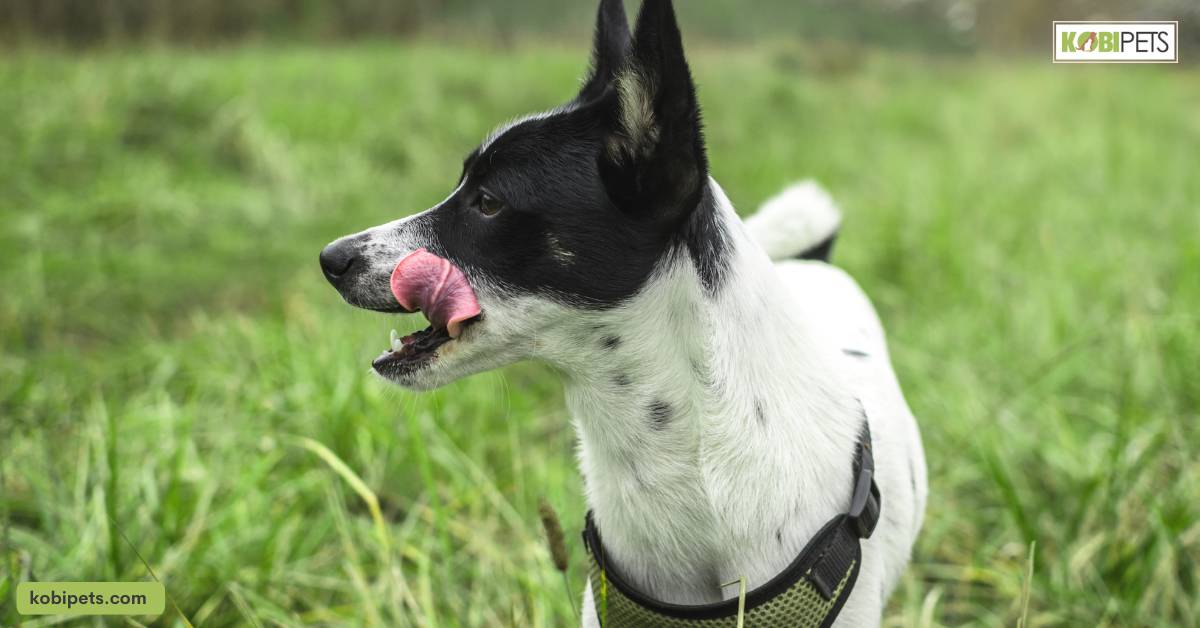
How to Address the Problem
Regular hygiene
One of the most effective approaches for addressing the problem of a dog licking its butt is proper hygiene. Dogs are naturally prone to this behavior as part of their grooming regimen and if they don’t have access to regular baths and ear cleaning, some may resort to excessive self-grooming.
Shampooing your dog with an antiseptic shampoo helps reduce the bacteria and dirt that could be causing the licking behavior. Clean ears with a gentle cleaner or even just water can help keep their ears free from irritants that can trigger your dog’s need to lick itself.
Regular brushing of fur will help to keep any matting down and reduce your dog’s itchiness which can also lead it to indulge in excessive self-grooming. Additionally, topical ointments should be used sparingly as overuse can cause skin irritation leading your pet to lick excessively.
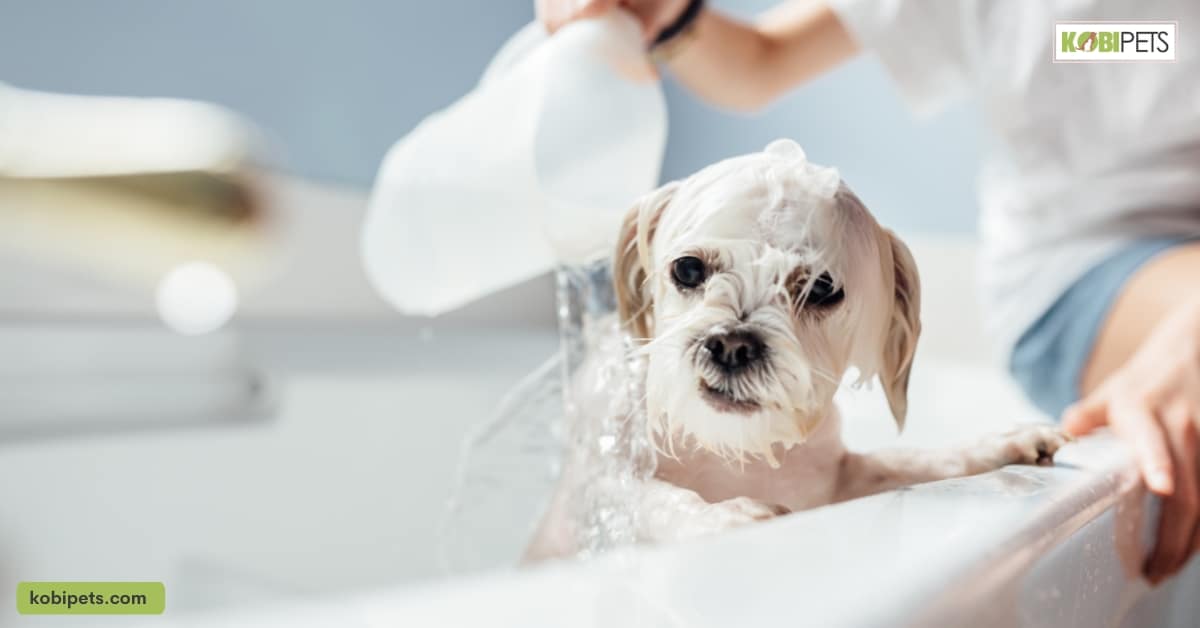
Proper diet
Keeping your pup healthy and happy is the cornerstone of a successful owner-pet relationship. One way to make sure your pet stays in its prime is to provide a proper diet. A nutrient-dense diet becomes even more important when it comes to addressing problematic behaviors like excessive butt licking, which could be linked to any number of nutritional deficiencies or digestive issues.
To start, it’s best to feed your dog a protein-rich kibble that will nurture the fur and help maintain healthy skin, which in turn lessens any urge for them to lick themselves incessantly. Additionally, adding probiotics or other supplements specially designed for pets can do wonders for their digestive health and reduce any anxieties they may have that may be triggering the behavior.
Don’t forget that an occasional treat can not only remind them how much they mean to you but help regulate their overall metabolism as well. No matter what you decide on the menu, finding the perfect balance of food is key.
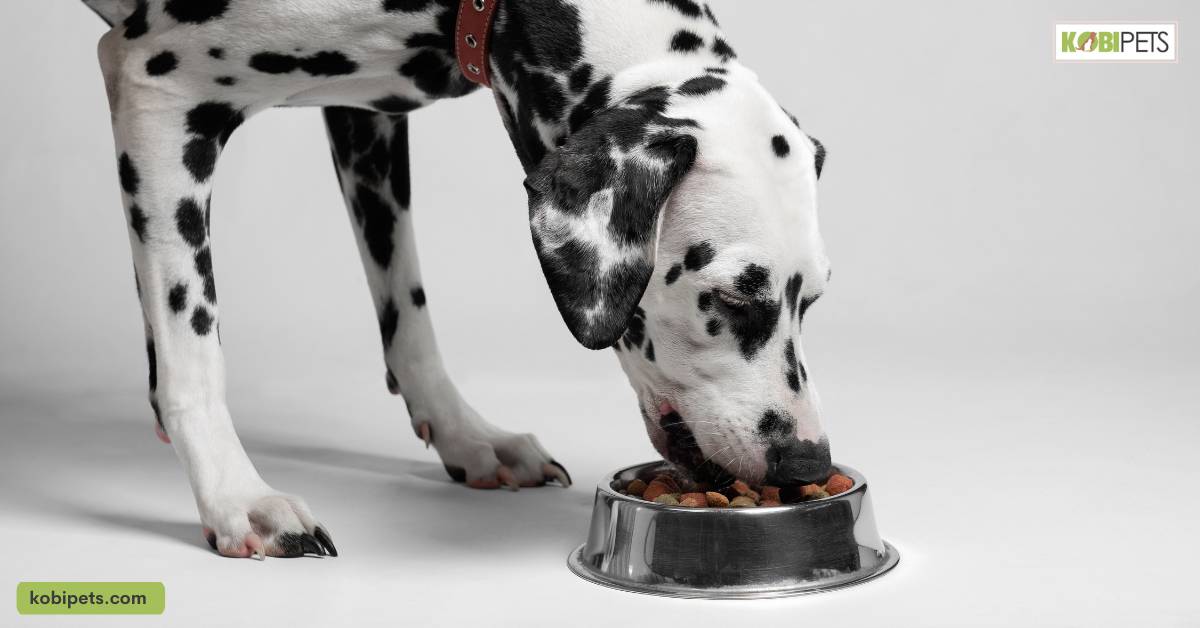
Regular exercise
Regular exercise is essential to help address the problem of a dog licking his butt. Physical activity not only helps to keep dogs healthy, but it can also decrease undesirable behavior such as excessive licking.
Making time for daily walks or playing catch will help burn off extra energy and expend their pent-up mental excitement. This boosts their overall fitness while training their minds to stay engaged and focused on commands, scent detection, and other important tasks that come with playing games.
Exercise can become an enjoyable part of any dog’s routine when done properly; it gives them an opportunity to bond with owners in a fun environment.
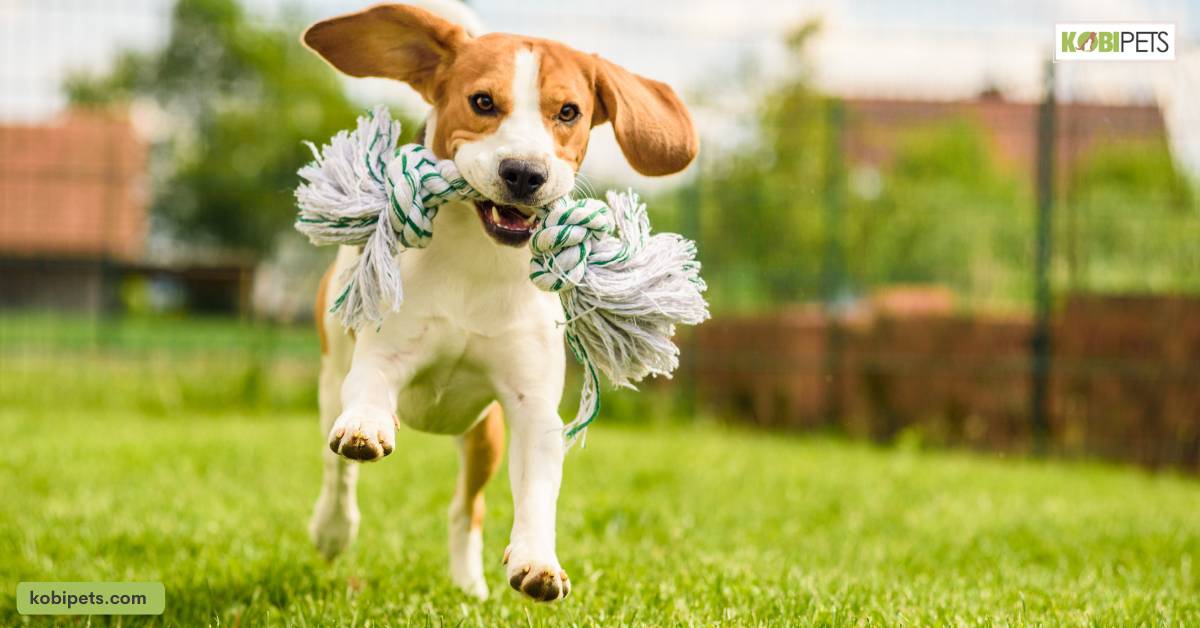
Addressing any underlying health problems
If your dog is excessively licking their butt, it may be a sign of an underlying health issue such as parasites, allergies, or even an infection. To address the problem, it’s important to first make sure that your pet gets a full veterinary checkup to see if any medical issues are present.
It could also be helpful to look for external causes like creating a safer environment for your pup or adjusting its diet. Keep in mind that if licking is still persisting after addressing any health concerns and making necessary lifestyle changes, you should consult with your vet further to determine potential treatment options.
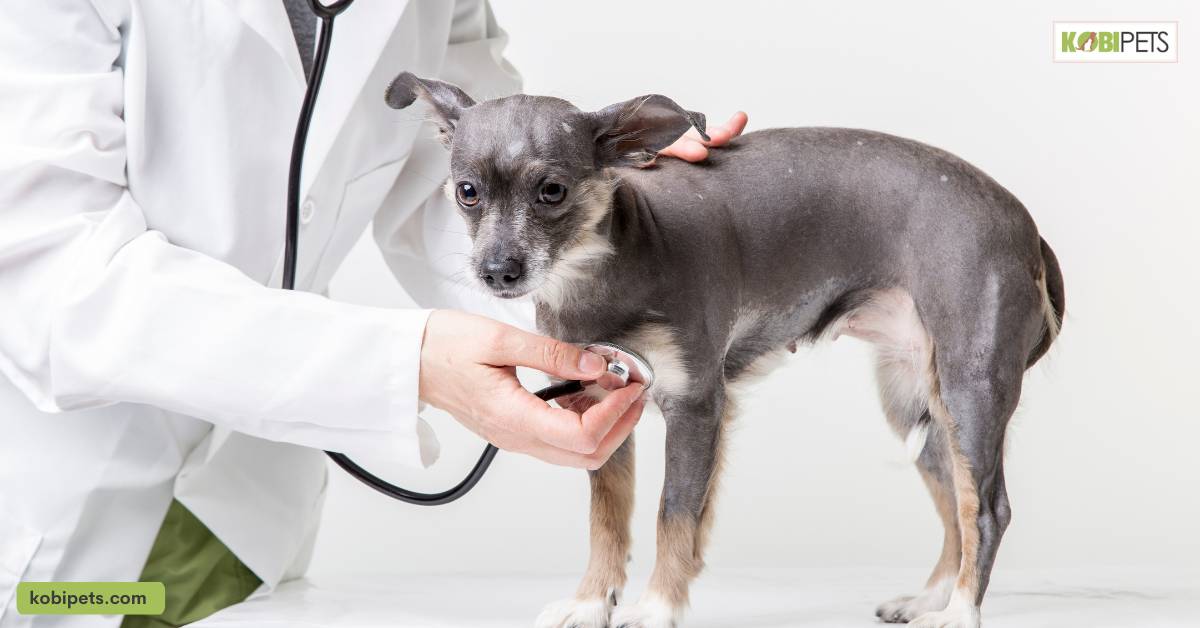
In Conclusion
It’s important to be aware that a dog licking its butt could indicate an underlying issue such as allergies, parasites, or even an infection. Taking the time to understand why dogs may be licking their butts can help you develop more effective strategies for training them and keeping them healthy and happy.
Regular hygiene and grooming are essential for keeping your pet’s sensitive areas clean and comfortable, while a proper diet and regular exercise can help reduce anxieties that may be triggering the behavior. Lastly, don’t forget to take your pup to the vet for regular checkups to ensure their overall health and wellness.






